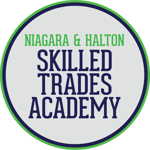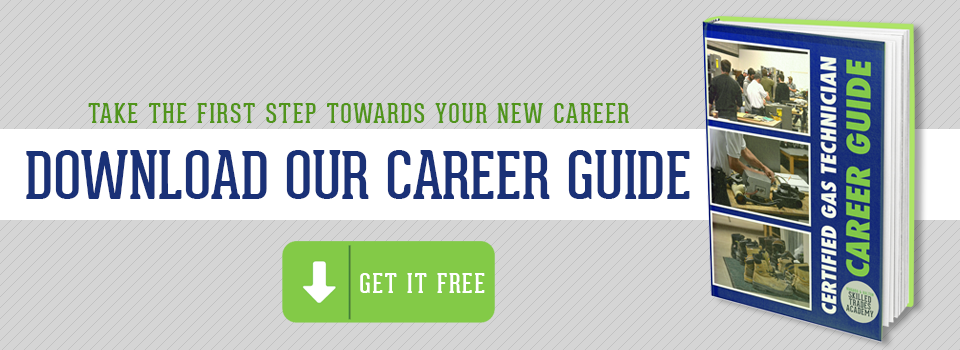ESTIMATED READING TIME: 3 MINUTES

You've completed your gas technician license, you submitted your resume and you got an interview — congratulations! You are one step closer to getting a rewarding career in the skilled trades.
We know interviews can be intimidating — especially if it is your first since graduating high school or the first since you've decided to pursue a second career. But, if you are properly prepared, the interview process can be easy, and soon, you'll be working in the job you've been waiting for.
What to wear
Just because the skilled trades are hands-on and a bit dirtier than some other jobs, it doesn't mean you can or should dress down for your interview. You want your future employer to see that you are professional, reliable and that you take the job seriously. Opt for a "smart casual" or "business casual" look to let your interviewer know that you are serious about the position and can be trusted to represent the business to their customers.
What will they ask?
Often, you can expect situational interview questions. These are questions that present a hypothetical situation and you have to answer how you would handle it. Always try to draw on past experiences, whether referring to past employment or a hands-on situation you learned in school. The interviewer is trying to determine your problem solving skills and how you might handle on-the-job challenges as they arise. In your interview prep, make sure you know your resume backwards and forwards and look for any buzz words in the job description. Know exactly which qualifications and skills they are looking for and make sure to talk about them in your answers.
How to answer
Answering situational interview questions well shows off your communication skills, problem solving abilities and decision making processes. So, how can you answer in a way that will make you stand out? It's all about the structure of your response.
Begin by providing context and describing the situation. Continue by describing in detail what task was put in front of you and what the expectations were. Next, get specific and tell what you did, how you did it and why. Finally, explain the final results — how and why it was successful.
Ultimately, being prepared for your interview is the best way to make an impression. Make a list of your past successes — in school, in other jobs, in volunteer opportunities — and try to find a way to apply them to the job you are interviewing for. Cutting out those awkward silences while you think about your answers and eliminating "Ums" and "Uhs" from your vocabulary will make you come across as confident and capable.

